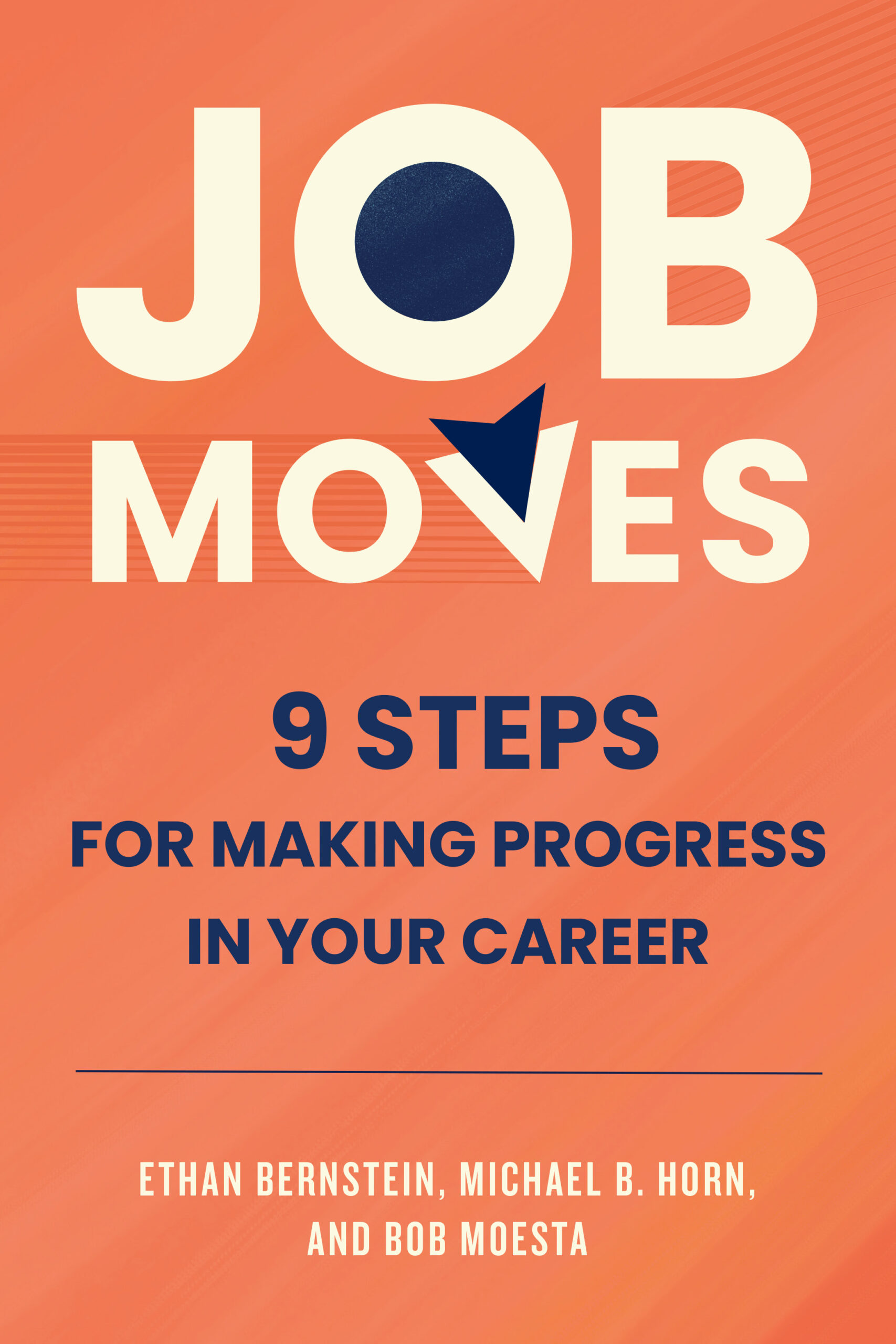
Controversy On Whether Growth Mindset Works Will Strengthen The Theory
All too often education research falls short of giving educators on the ground actionable advice. But a recent controversy around Carol Dweck’s well-known growth mindset gives me hope that we can move forward with research that can better inform and support practitioners and students.
Over the last couple decades, education research has thankfully moved to embracing randomized control trial (RCT) when possible. Yet even if it gets to an RCT, education research still tends to stop there—at a stage where all a researcher can declare is that some intervention correlates with a desired outcome.
Research stuck in this stage can only tell us what works on average—what people call “best practices.” Yet what works on average often doesn’t work for a specific individual in a specific circumstance. It’s only by moving to more nuanced statements of what works for whom under what circumstance that allows researchers to offer actionable insights that educators can actually reliably and predictably use.

0 comments